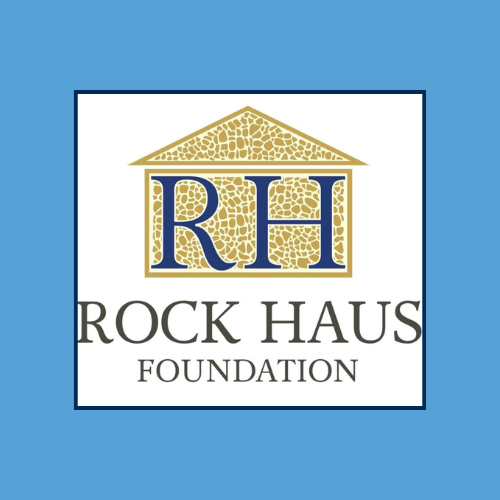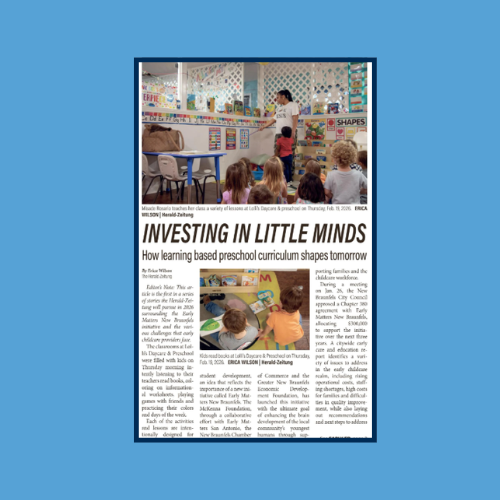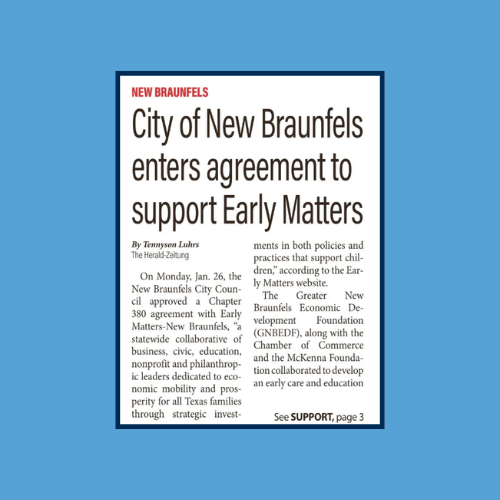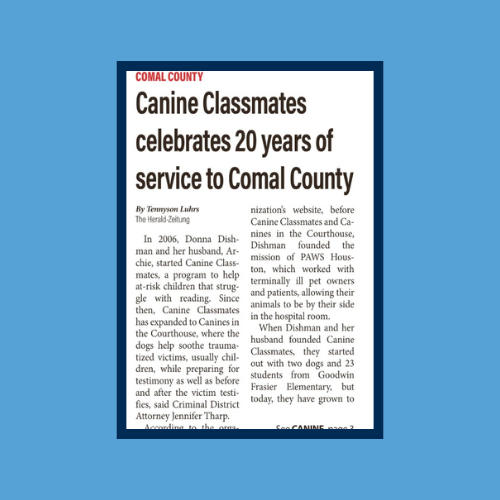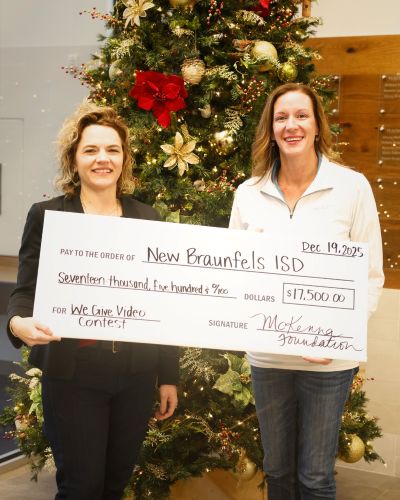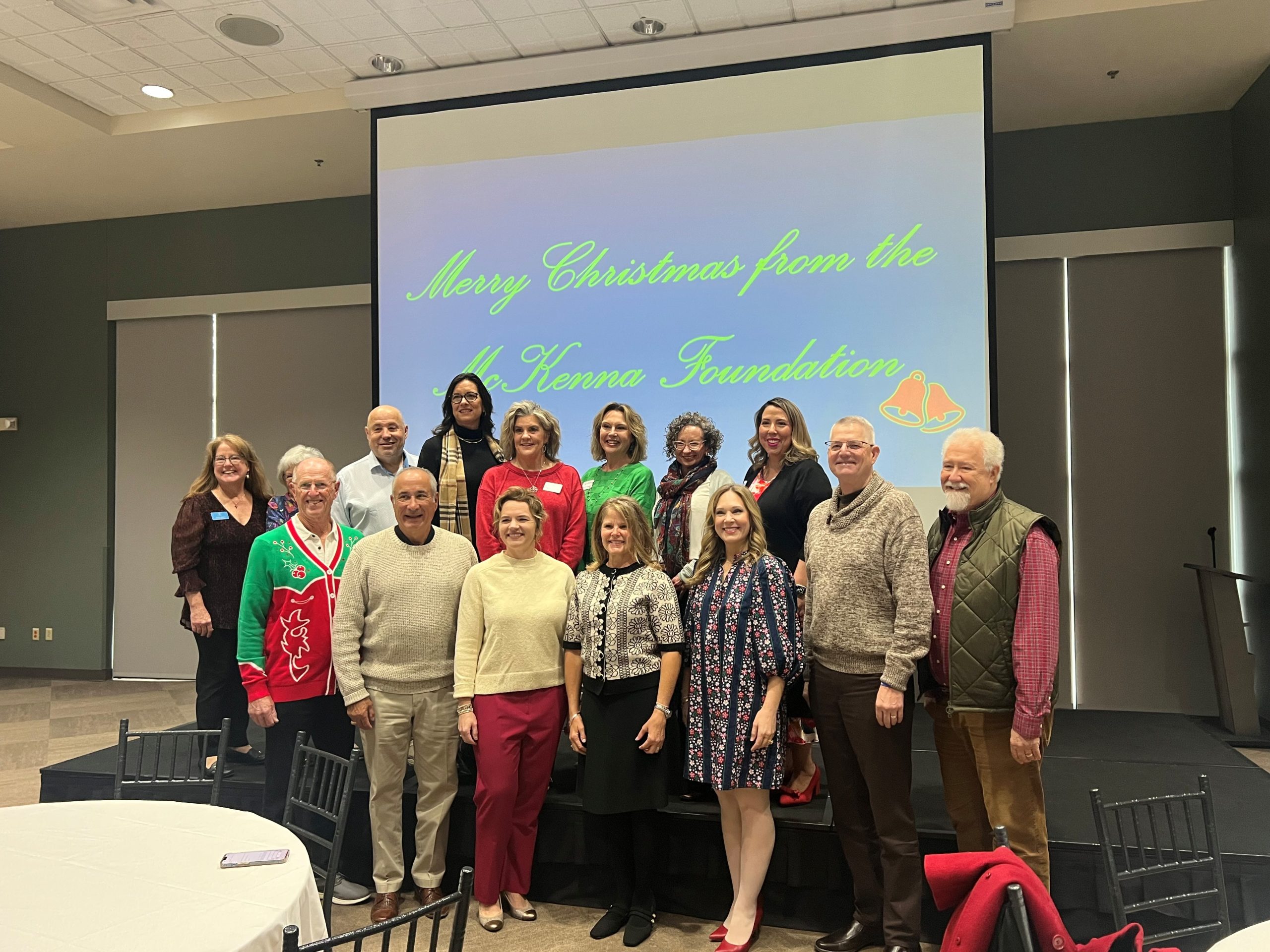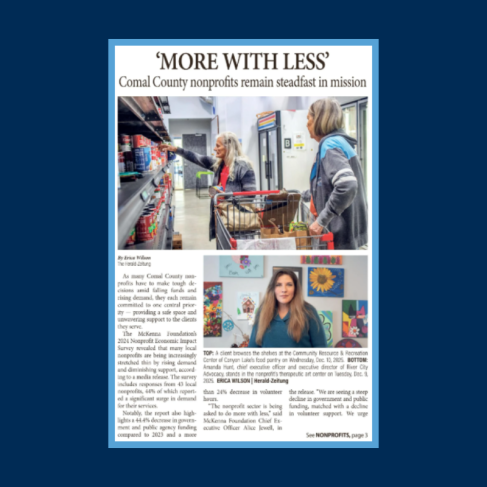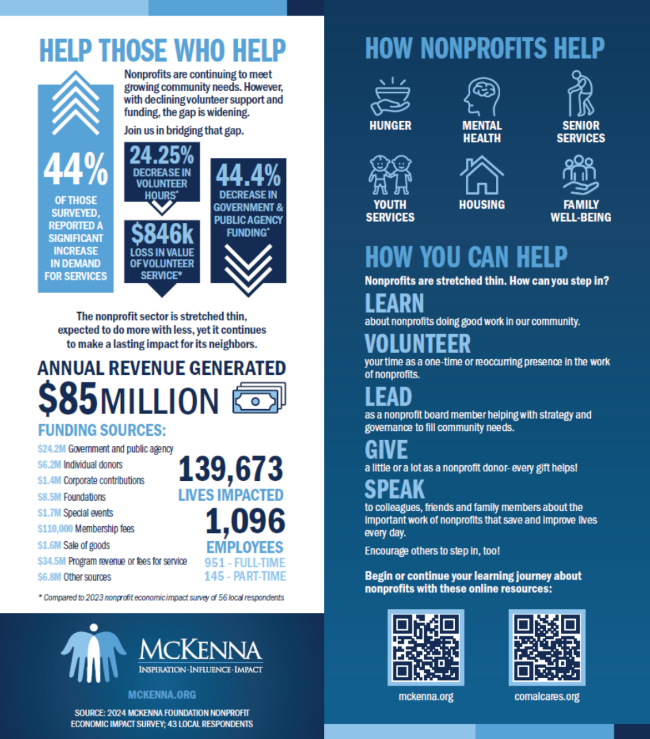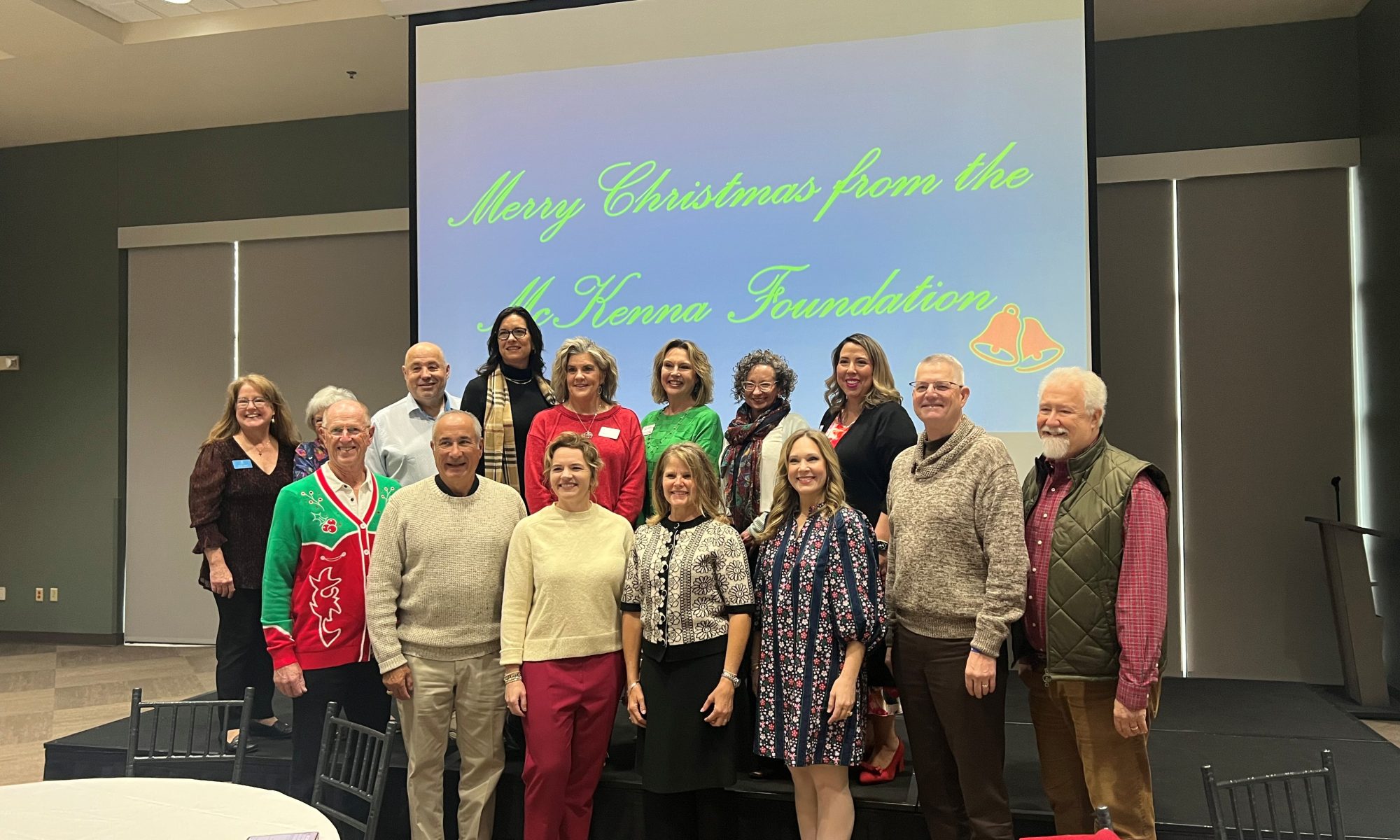The Rock Haus Foundation is inviting the community to share their voices, experiences, and insights to better understand the needs of individuals with special needs.
Rock Haus is seeking input from those who know these needs best: individuals with disabilities, their families, caregivers, and the service providers who support them. By completing a community survey, participants can help identify gaps in local services, highlight the most urgent areas of support, and guide future efforts in Comal County and surrounding areas.
The feedback gathered will play a vital role in shaping upcoming programs, strengthening partnerships, and initiatives that better serve our community.
The survey is available at https://www.surveymonkey.com/r/RockHaus and will remain open through March 20.
The Rock Haus Foundation encourages anyone committed to strengthening resources for individuals with special needs to participate and share the survey with others.
“We want to learn what is working and what still needs attention,” said Rock Haus Foundation Executive Director Bill Barry. “This survey is an opportunity for our community to help impact what comes next.”
The Rock Haus Foundation is dedicated to fostering a community where individuals with intellectual and developmental disabilities are welcomed and encouraged to participate in meaningful activities. According to Barry, this survey is an important step toward that vision.
Rock Haus currently offers a variety of programs for individuals with special needs, including music, art, dance, and chair-based Zumba. They also host parent advocacy groups, a service provider coalition, and bi-monthly Rock-The-Haus dance parties.
To learn more about the Rock Haus Foundation, visit rockhausfoundation.org, or follow on Facebook and Instagram at @rockhausfoundation.

